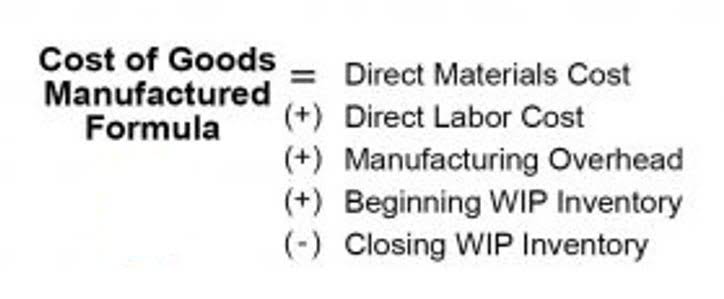
This PTIN requirement applies to all tax preparers (including tax attorneys, CPAs, and enrolled agents). Both the CPA Exam and CIA Exam are challenging, meant to test candidates’ ability to provide relevant, quality services in the profession. The CPA exam covers a wide range of accounting and cpa vs tax preparer business topics and requires a deep understanding of complex regulations and standards.
- As enrolled agents, they must also obtain a PTIN and complete 72 hours of continuing education every three years.
- Once the exam is passed, the accountant applies to their individual state for licensure.
- So, while the upfront cost may be higher when hiring a CPA, the value provided by their in-depth financial knowledge and strategic advice can potentially save you money in the long run.
- Additionally, CPAs often have access to sophisticated software and tools that can streamline the tax preparation process.
- Determining the type of tax preparer who best suits your specific needs depends on your unique situation.
- In addition to audits, CPAs also play a crucial role in tax planning and preparation.
- Many people work with tax preparers to guarantee that their taxes are filed accurately and that they get the most tax refund possible based on their annual income and other factors.
What is OCR in Accounting?

Tax preparers also play a crucial role in educating their clients about tax laws and regulations. They patiently explain complex tax concepts in simple terms, empowering their clients to make informed financial decisions. They are the trusted advisors who guide individuals and businesses through the maze of tax compliance. For those with straightforward tax returns and financial matters, a professional tax preparer may offer an adequate cost-effective solution. The level of representation varies among different types of tax preparers, with enrolled agents (EAs) offering more extensive representation rights compared to non-credentialed preparers. CPAs offer a wide range of financial services beyond tax preparation, including auditing, financial planning, and business consulting.
How Do I Hire a CPA or Tax Accountant?
A bachelor’s degree in business, accounting, or a similar subject is the minimum educational requirement to become a CPA. Although it usually takes 120 hours to acquire a bachelor’s degree, some states demand 150 hours of coursework before students can sign up to take the CPA exam. Their extensive training in the accounting field allows them to serve as financial advisors, providing strategic advice that can impact a client’s financial decisions and tax burden positively. Tax preparers typically cost less to work with than a CPA, since they largely only offer tax preparation services. Specialized Knowledge – Master tax planning, small business consulting, and financial strategy. The biggest difference between tax preparer and CPA is education, certification, Food Truck Accounting and the services they provide.
- Next up, the Plus plan starts at $38 per month, followed by the Premium for $65 per month.
- If you want tax strategy or business advice, paying more for a CPA can save money in the long run.
- They gather the necessary financial information from individuals or businesses and use their knowledge of tax laws to calculate the appropriate tax liability.
- You will be able to provide your number for Xero to contact you, but it’s frustrating that this doesn’t happen on your terms.
- They attend seminars, workshops, and conferences to stay ahead of the curve and provide the best possible service to their clients.
What is an Enrolled Agent?

CPAs frequently assist businesses and individuals in managing expenses by bookkeeping analyzing their financial data. They could also help with financial planning, tax preparation, auditing, and investing. The first two types of tax preparers do not require credentials beyond a PTIN (preparer tax identification number), and not all states require a non-credentialed tax preparer to pass a tax competency exam. Usually, these types of tax preparers work seasonally at special tax filing service providers.
Is a Certified Public Accountant worth it for taxes?

For instance, they can represent the clients whose tax returns they have prepared before IRS employees. However, they don’t have the right to represent them for collection issues or appeals. AI enhances OCR accuracy by learning from past data, improving invoice data extraction and OCR data capture. It detects errors, auto-corrects misread text, and categorizes financial data. AI-powered automated bookkeeping eliminates manual data entry, speeds up processing, and enables fraud detection, making accounting OCR more reliable and efficient. The choice between a CPA and a tax preparer depends on your unique financial circumstances.
- So, while they might not have a fancy cape, these tax heroes possess an immense amount of knowledge and attention to detail.
- Xero and FreshBooks are two accounting platforms geared towards fundamentally different audiences.
- If you need financial planning or IRS representation, a CPA is a better investment.
- In this guide, we’ll break it down in simple terms, answer common questions, and show you how to maximize your financial benefits.
- It has four pricing plans, ranging from $21 per month to $65 per month, with one plan that has no public pricing.
- Due to their extensive knowledge of many financial topics, CPAs can find year-round work in various industries.
